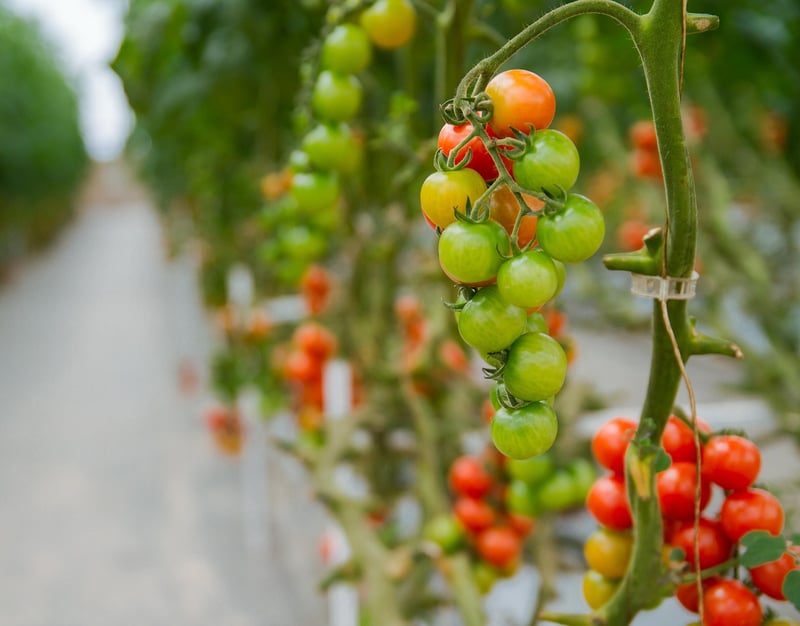Hydroponic systems
The Future of Farming: Exploring Innovative Hydroponic Systems
Farming is undergoing a revolution with the adoption of innovative techniques such as hydroponic systems. These cutting-edge methods are transforming traditional agriculture, offering sustainable solutions for food production. In this article, we delve into the world of hydroponics and how it is shaping the future of farming.
What is Hydroponics?
Hydroponics is a soil-less farming technique that involves growing plants in nutrient-rich water solutions. Instead of soil, plants receive essential nutrients directly through water, providing a controlled environment for optimal growth. This method allows for efficient water usage and maximizes space, making it ideal for urban settings and areas with limited arable land.
The Benefits of Hydroponic Systems
- Water Efficiency: Hydroponic systems use up to 90% less water compared to traditional farming methods, making them highly sustainable.
- Space Utilization: Vertical hydroponic systems maximize space utilization, enabling higher crop yields in limited areas.
- Year-Round Production: With controlled environments, hydroponic farms can operate year-round, ensuring a consistent food supply regardless of seasonal changes.
- Pesticide-Free: The closed-loop system of hydroponics reduces the need for pesticides, offering chemical-free produce.
Types of Hydroponic Systems
There are several types of hydroponic systems, each with its unique benefits:
- Deep Water Culture (DWC): Plants are suspended in nutrient solutions, allowing their roots to grow directly in water.
- Nutrient Film Technique (NFT): A thin film of nutrient solution flows over the plant roots, providing a constant supply of nutrients.
- Vertical Farming: Plants are stacked vertically in a tower system, maximizing space efficiency.
- Aquaponics: A combination of hydroponics and aquaculture, where fish waste provides nutrients for plant growth.
The Future of Agriculture
With the global population on the rise and environmental challenges impacting traditional farming, hydroponic systems offer a sustainable solution for the future of agriculture. By embracing innovative techniques like hydroponics, we can ensure food security, conserve resources, and minimize the environmental footprint of food production.

Join the movement towards sustainable farming practices and explore the possibilities of hydroponic systems in revolutionizing agriculture.
References:
